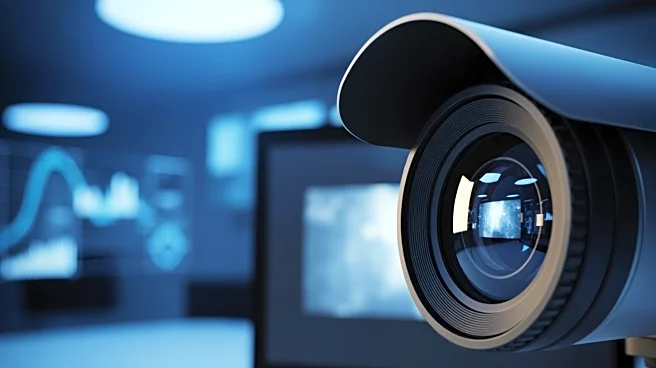What's Happening?
A clinical trial led by Baylor University's Gary R. Elkins, Ph.D., has demonstrated that self-guided hypnosis can significantly reduce the frequency and intensity of menopausal hot flashes. The study,
published in JAMA Network Open, involved 250 postmenopausal women, including those with a history of breast cancer. Participants engaged in a six-week self-administered hypnosis program, resulting in a 53.4% reduction in hot flash frequency and intensity, with further improvements noted at a three-month follow-up. This nonhormonal approach offers a viable alternative for women who cannot use hormone replacement therapy.
Why It's Important?
The findings are significant as they provide a safe and effective alternative to hormone replacement therapy, which is not suitable for all women, particularly those with a history of breast cancer. With over 25 million women in the U.S. experiencing hot flashes, this method could improve the quality of life for many. The study highlights the potential of self-guided hypnosis to manage other symptoms such as anxiety and pain, offering a cost-effective and accessible solution that can be practiced at home.
What's Next?
The research team plans to further explore the benefits of self-hypnosis in improving sleep for breast cancer survivors and women transitioning through menopause. Continued studies may solidify hypnotherapy as a standard non-pharmacological treatment for hot flashes, potentially influencing public health recommendations and insurance coverage for such interventions.
Beyond the Headlines
This study underscores the growing interest in mind-body interventions and their role in healthcare. It challenges traditional reliance on medication, promoting a holistic approach to managing menopausal symptoms. The success of self-guided hypnosis could lead to broader acceptance and integration of alternative therapies in mainstream medicine.









